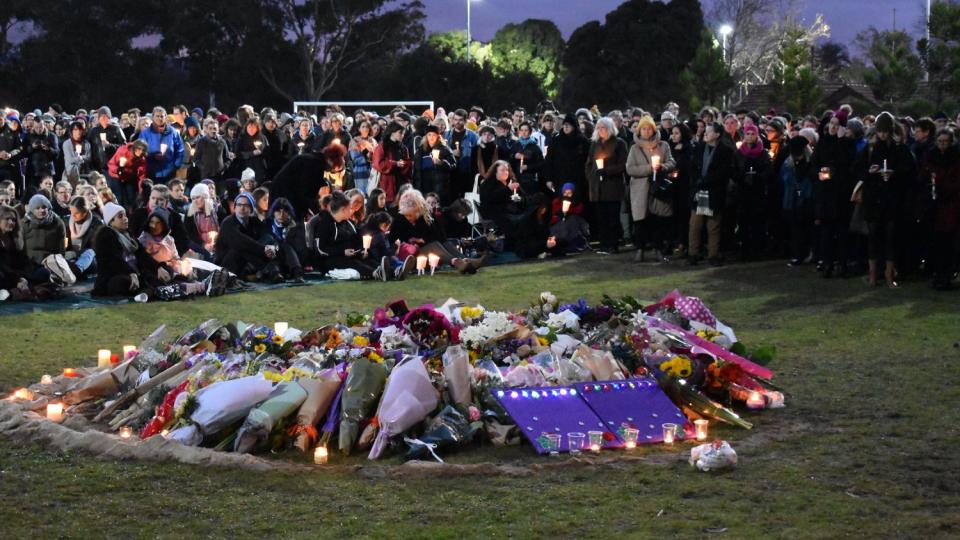Victim blaming will not stop violence

I’m pleased there has been a swift backlash to the Victorian police urging women to take responsibility for their safety after the murder of Eurydice Dixon on June 12.
The police response is both ridiculous and misogynist. It puts the onus on women to avoid being attacked.
The logical extension of their approach is for women to stay at home, and only go out with a male chaperone.
You have to walk to get places and in this case we now know that Eurydice was almost home after having performed at a comedy venue nearby. Like most young women today, she was in touch with her friends about her whereabouts and safety.
Young women are tuned into what the authorities describe as “situational awareness”: they know they could be in danger and they take precautions — not just at night. They all have mobile phones and their safety plan involves text and messaging each other.
I’m angry about these victim-blaming and authoritarian measures being offered up as “solutions”.
Eurydice’s tragic death should be a wake-up call to those who think women will be safer with more CCTV cameras. They are not. There were CCTV cameras where Eurydice was murdered, but they didn't protect her.
They may have helped the police catch a suspect, but they did not stop a sexual assault and a murder from taking place.
We can expect to be told that the solutions involve more police powers, including an expansion of CCTV and other surveillance. But this will not prevent violent attacks.
Our streets and public places should be full of people at night. That is one way people do feel safer. Extra lighting can help, but it is not nearly enough. We must insist that the state provide the funds for better services – including frequent public transport — all day and night, and putting more staff on trams, and at train stations.
Advice to stay home is no solution, when you consider that the majority of sexual assaults happen either at home, or by people who are known to the woman.
These sorts of attacks happen because sexism runs very deep. We have to talk about sexism, where it comes from and how it is maintained. We also have to use this tragedy to talk about immediate solutions which will help women challenge their unequal status today.
That means a lot of things, but it would include supporting education in schools that teaches boys and girls about consent; and the setting up of violence prevention programs that demand true accountability from violent men.
Sexism can only be challenged by guaranteeing women’s rights to economic security, to secure housing, and to free and high quality health care including abortion on demand.
Until women have equal status with men, both in public and in their private lives, these sorts of horrendous attacks will continue and the authorities will continue to tell us that we have to deal with it ourselves.
[Sue Bolton is the Socialist Alliance councillor on Moreland Council in Victoria.]